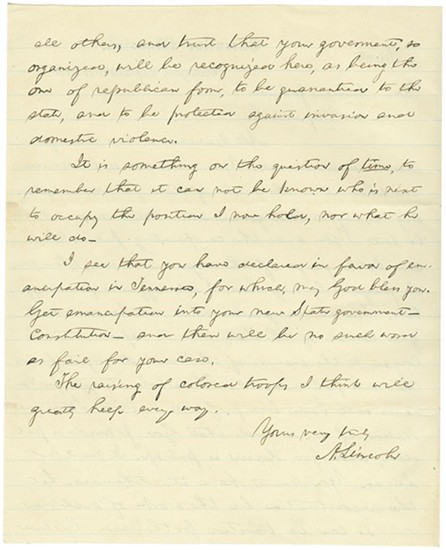 The first shots of the American Civil War were fired 150 years ago today from Fort Sumter, South Carolina, and the two-day bombardment ended in the surrender of the fort to Confederate General Beauregard. There were no casualties in this initial engagement, but in the following four years at least 618,000 died. It remains the bloodiest war in United States history.
The first shots of the American Civil War were fired 150 years ago today from Fort Sumter, South Carolina, and the two-day bombardment ended in the surrender of the fort to Confederate General Beauregard. There were no casualties in this initial engagement, but in the following four years at least 618,000 died. It remains the bloodiest war in United States history.
This 1863 photograph shows a group of unidentified soldiers and women atop Lookout Mountain, on the Tennessee-Georgia border. Now, Lookout Mountain is known for the garden gnome-filled roadside attractions Rock City and Ruby Falls, and if this group was standing there today, they might be straining to "See Seven States!" as the plaques boast. But in the fall of 1863, they were contemplating a grim landscape. The battles of Chattanooga, Chickamauga, and Lookout Mountain took place on the slopes below.
With the Battle of Chickamauga still a week away, Abraham Lincoln wrote to the military governor of occupied Tennessee, and later president, Andrew Johnson. In this letter, which he has marked "Private," Lincoln declared "All Tennessee is now clear of armed insurrection." While this would be the case later that fall, the Battle of Chickamauga, which saw the highest number of casualties after Gettysburg, was a Confederate victory.


Lincoln goes on to discuss the political situation in Tennessee, noting that "it is the nick of time for re-inaugurating a loyal State government" and discussing emancipation. He concludes somewhat ominously by reminding Johnson that "it can not be known who is next to occupy the position I now hold, nor what he will do." Lincoln of course was re-elected the following year with Johnson as his vice president, and was in office when General Lee surrendered at Appomattox. But Lincoln did not live to issue a proclamation declaring the war ended -- he was assassinated only a few days after Lee's surrender, and this final task of the American Civil War was left to Johnson, his successor.
For more information about the photograph above, click here; for more information about the letter from Lincoln to Johnson, click here.
The Leon Levy Foundation is generously underwriting a major project to upgrade catalog records for the Morgan's collection of literary and historical manuscripts. The project is the most substantive effort to date to improve primary research information on a portion of this large and highly important collection.
